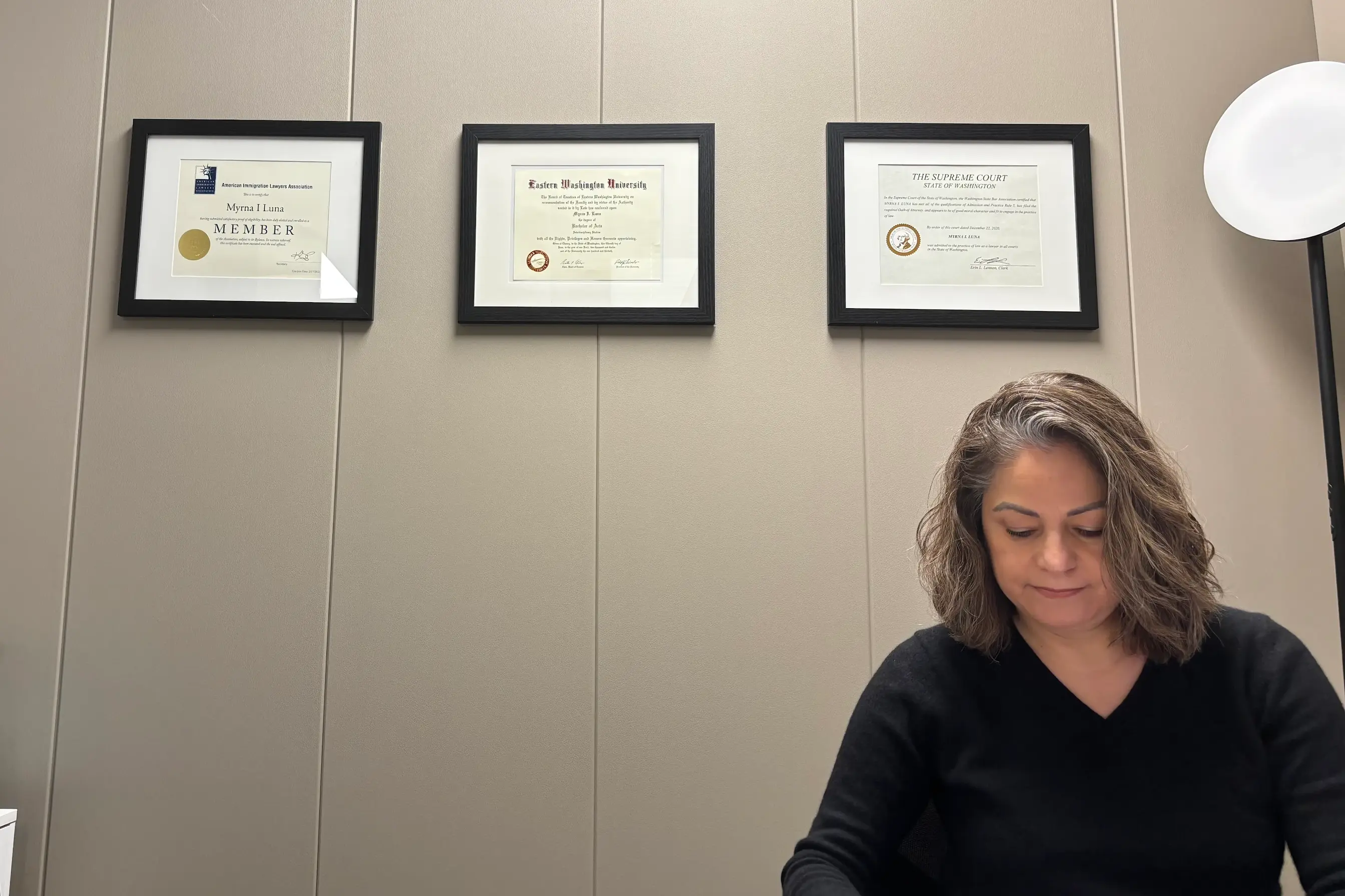2025 Guide to U.S. Family-Based Immigration: Sponsoring Your Loved Ones

Disclaimer: This article is for informational purposes only and does not constitute legal advice. Reading this blog does not create an attorney-client relationship. Every case is unique. Please contact Crescent Law, PLLC, located in Tukwila, WA, serving South King County and the greater Seattle area, to schedule a consultation.
2025 Policy Changes: What to Expect
Family-based immigration remains the cornerstone of the U.S. immigration system in 2025. While the basic framework for sponsoring family members has not changed, processing times and visa availability continue to be significant factors. The Visa Bulletin, which determines when a visa is available for a particular preference category, can fluctuate, and backlogs can be lengthy. It is essential to stay informed about the latest Visa Bulletin and to work with an experienced immigration attorney to navigate this complex process.
What Is Family-Based Immigration?
Family-based immigration is the process by which U.S. citizens and lawful permanent residents can sponsor certain family members for a green card. There are two main categories of family-based immigrant visas: immediate relatives and family preference categories.
The Family-Based Immigration Process: A Step-by-Step Guide
The family-based immigration process generally involves the following steps:
- File Form I-130: The U.S. citizen or lawful permanent resident petitioner must file Form I-130, Petition for Alien Relative, with USCIS.
- Wait for Visa Availability: If you are in a family preference category, you must wait for a visa to become available. You can check the Visa Bulletin for the latest priority dates.
- Consular Processing or Adjustment of Status: Once a visa is available, you will either go through consular processing at a U.S. embassy or consulate abroad or, if you are already in the U.S., you may be able to adjust your status to that of a lawful permanent resident.
Benefits of Family-Based Immigration
Family-based immigration provides numerous benefits, including:
- Family Reunification: It allows families to be together in the United States.
- Path to a Green Card: It provides a direct path to lawful permanent residency.
- Work Authorization: Green card holders are authorized to work in the United States.
Why Legal Guidance Matters
Navigating the complexities of the family-based immigration process requires the expertise of an experienced immigration attorney. For residents of South King County, Tukwila, and the greater Seattle area, working with a local immigration attorney who understands the regional USCIS office procedures can be particularly beneficial. An experienced immigration attorney can help you:
- Determine Eligibility: Determine which family members you are eligible to sponsor and the best strategy for your case.
- Prepare Your Petition: Prepare a complete and accurate I-130 petition and gather the necessary supporting documents.
- Navigate the Process: Guide you through the complex process of consular processing or adjustment of status.
Frequently Asked Questions (FAQ)
Q: Who can I sponsor for a green card?
A: U.S. citizens can sponsor their spouse, children, parents, and siblings. Lawful permanent residents can sponsor their spouse and unmarried children.
Q: How long does the family-based immigration process take?
A: Processing times can vary widely depending on the preference category and the country of origin. It can take anywhere from several months to many years.
Q: What is an affidavit of support?
A: An affidavit of support is a document signed by the petitioner in which they agree to financially support the sponsored immigrant.
Conclusion
Family-based immigration is a powerful tool for reuniting families in the United States. The process can be long and complex, but with the right legal guidance, you can navigate it effectively. At Crescent Law, located in Tukwila, WA, we are dedicated to helping residents of South King County and the greater Seattle area bring their loved ones to the United States.



